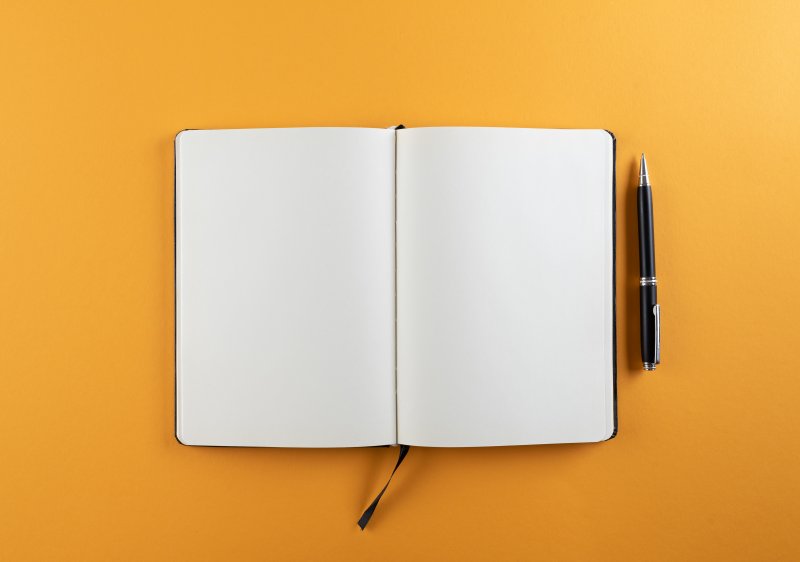
Have you been having trouble sleeping? Sleep apnea is a condition that can interrupt your sleep more than one hundred times in a single night, and it often goes undiagnosed for a long time. Luckily, keeping a diary of the quality of your sleep can document symptoms that can help your sleep doctor diagnose sleep apnea and other sleep conditions. Here’s what a sleep diary is and how it can be used to determine if you have sleep apnea.
What Is a Sleep Diary?
A sleep diary is a simple way to document how well you sleep, and maintaining one for only a week or two can often provide enough information for a healthcare professional to begin treating issues. By dating and describing your sleep sessions in writing, you can detail the quality of your sleep and any difficulties you have during the night. If your sleep doctor discovers a relevant pattern, it can lead to a diagnosis and a successful treatment.
What Should I Write in My Sleep Diary?
If a traditional bound diary isn’t your style, you can use a spiral notebook, a few pieces of paper, or even your word processor on your computer or smartphone. There are even some apps designed to help document users’ sleep patterns. Generally speaking, you’ll want each entry to start with the date of your sleeping session followed by how well you slept and any problems you had with sleeping during the night. A few excellent points to cover in your entries include:
- What time did you turn in for the night?
- How much time passed before you fell asleep?
- How many times did you awaken?
- How long did you stay awake each time?
- What time did you get up?
- How well did you sleep?
- How rested did you feel afterward?
- Did you nap at all during the day and for how long?
- Did you take any prescribed or over-the-counter medications during the day?
- Did you exercise during the day? When and for how long?
- Describe your intake of alcoholic and caffeinated beverages.
What Can My Sleep Dentist Learn from My Sleep Diary?
Documenting your sleeping experiences can reveal important patterns that many people would otherwise miss. For example, you may find that texting before bed or checking your phone when you wake up at night is preventing you from getting enough quality sleep. In other cases, it may be that exercising too close to bedtime can keep your brain too alert to easily sleep. In other situations, your sleep doctor may notice patterns that suggest sleep apnea, allowing them to provide you with effective treatments that can help you achieve better rest.
Sleep apnea is an insidious little problem that goes unnoticed too often. If you are having difficulty with your sleep, keeping a sleep journal may be a great way to find the source of the problem.
About the Practice
Star Sleep & Wellness in McKinney offers the finest sleep medicine available in McKinney, TX. Led by Drs. Kent Smith, Angie Nauman, Brent Stevenson, Sunita Parajuli, and Karla Austin, the staff ensures that each patient receives the compassionate care they need to achieve better rest. Areas of expertise include treatments to address snoring, insomnia, and sleep apnea. If you are worried that you aren’t sleeping properly, contact the office online or dial (214) 750-7776.
